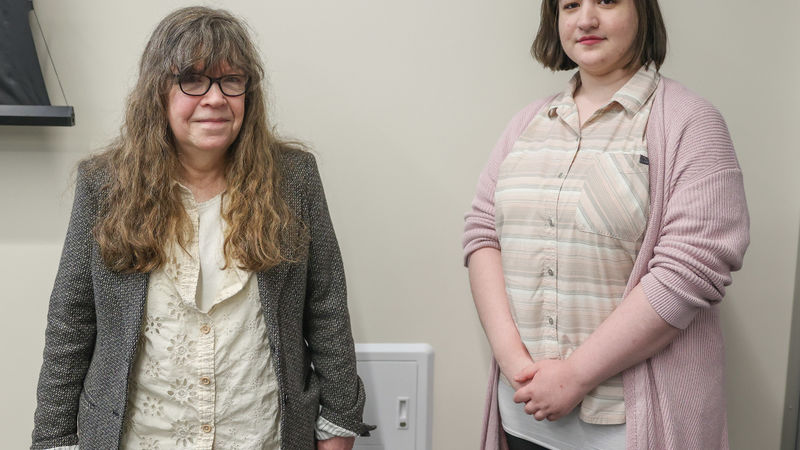Researchers find online gamers exposed to negative comments about LGBTQ+ persons
Signorella and Gillin, who earned a bachelor’s degree in psychology in 2019, published their research examining how sexual orientation and gender identify affect interactions in multiplayer online video games in Sage Journals’ Psychological Reports. They also penned a blog post about the study on Sage Perspectives on June 1 for Pride Month.


